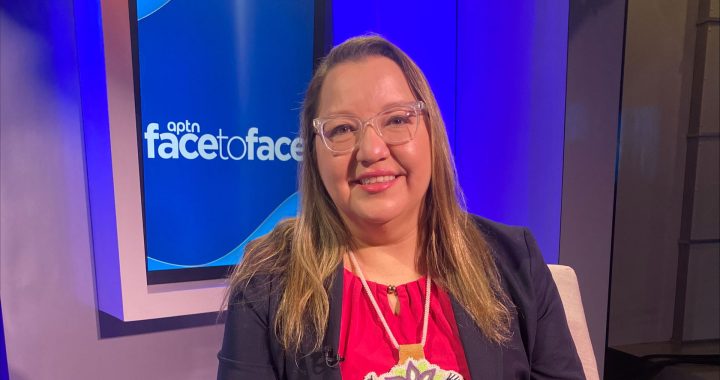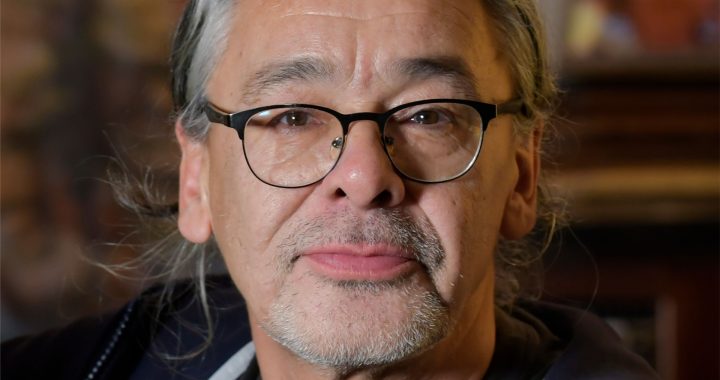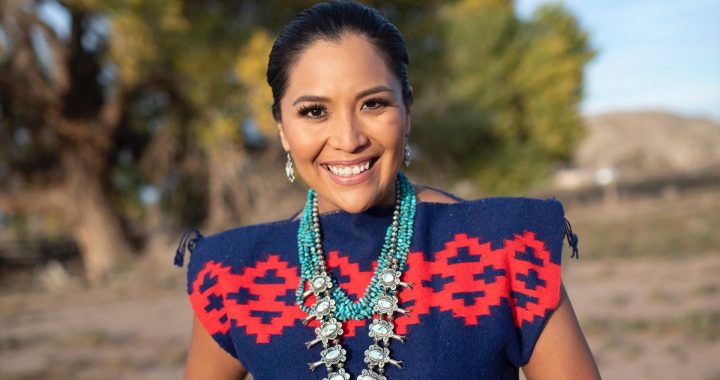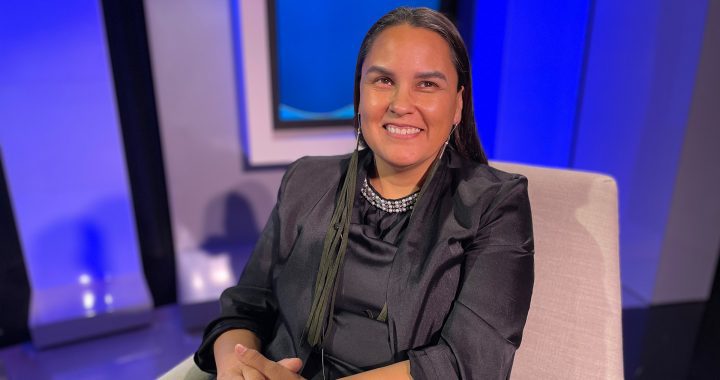University of Manitoba History and Indigenous Studies Prof. Sean Carleton doesn’t mince words when it comes to the impact of the late Murray Sinclair.
“Quite simply, Murray Sinclair changed Canada forever,” says Carleton on the latest episode of Face to Face. “There’s no going back as a result of his tireless work to advocate for Indigenous people, but, in particular, his work with the Truth and Reconciliation Commission (TRC).
“It’s a true gift, and his passing is a profound loss for people doing this work.”
Carleton teaches about the history of the Indian residential schools system and examines the history and political economy of colonialism, capitalism and education in Canada.
He says he was struck by Sinclair’s belief in a better future.
“That we can do this hard work and come through the other side to develop a better society. And, with his passing, I think that torch now passes to all of us.”
Carleton acknowledges that – as a non-Indigenous person – he’s not the best source to decide where Canada is on it’s journey to reconciliation.
But, in his opinion, Canada is stalling on its commitments.
He noted only 13 of the TRC’s 94 calls to action have been completed and most of the 13 were symbolic.
However, he believes Canadians recognize the truth of residential schools and are taking the calls to participate in reconciliation seriously.
He points to the Trudeau government’s reversal on a plan to cap the funding for searches to find unmarked graves at former residential schools across the country.
“The news about the capping of funding for communities is perhaps a good example of what’s required of us moving forward,” he says. “They made that announcement hoping that there wouldn’t be a backlash or an outcry and there was.
“They got their feet held to the fire,” he added, “and they had to reverse that decision. Not because they wanted to, but because they were being held accountable – not only by people like (Special Interlocutor) Kimberly Murray and Indigenous communities doing the work, but also Canadians who understand that this is our time to understand the truth, so let’s do it.”
Last year, Carleton co-wrote a report called Debunking the “Mass Grave Hoax”; A Report on Media Coverage and Residential School Denialism in Canada”.
According to Carleton, most residential school denialists aren’t claiming residential schools didn’t happen, but are “downplaying, minimizing or distorting facts” about the system to try and shake the public’s confidence in truth and reconciliation.
He says the TRC and the 215 suspected unmarked graves in Kamloops, B.C. generated new momentum behind truth and reconciliation that denialists didn’t like as they benefit from the status quo.
Carleton says residential school denialism “has certainly proliferated from the extreme far right into the more mainstream right wing.
“I wouldn’t say that it has become mainstream, ” he added. “I don’t think the majority of Canadians are out there thinking residential schools were well intentioned … abuses didn’t happen, deaths didn’t happen in these schools.
“I think it has become part of a right-wing identity that has moved from the fringe into a more respectable space on the political right.”
A private member’s bill introduced by Winnipeg NDP MP Leah Gazan seeks to criminalize residential school denialism.
A recent poll found three in five Canadians back the proposal.













